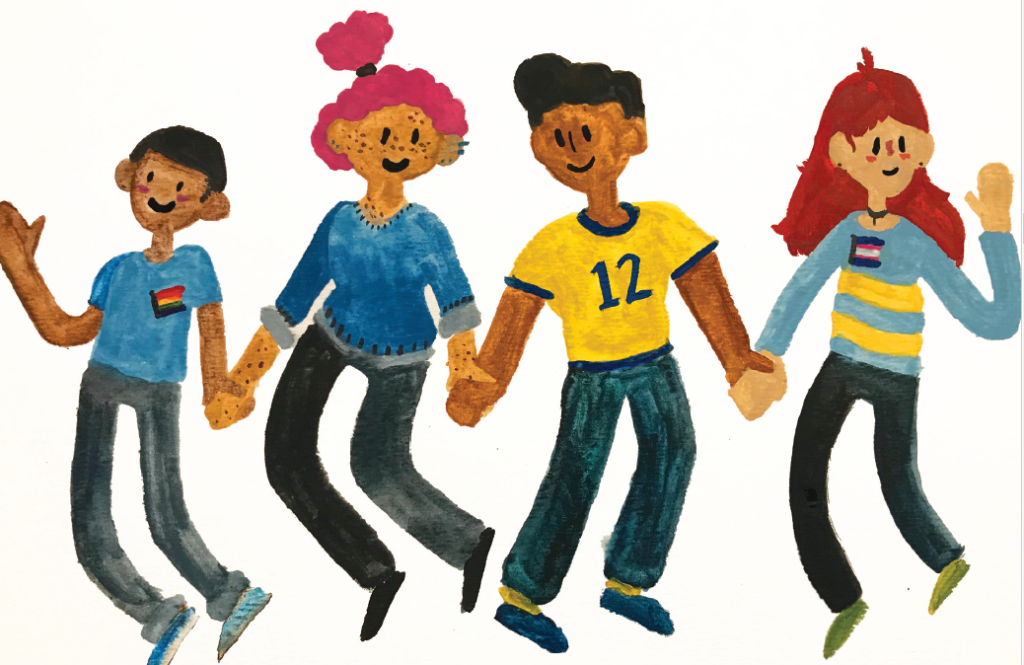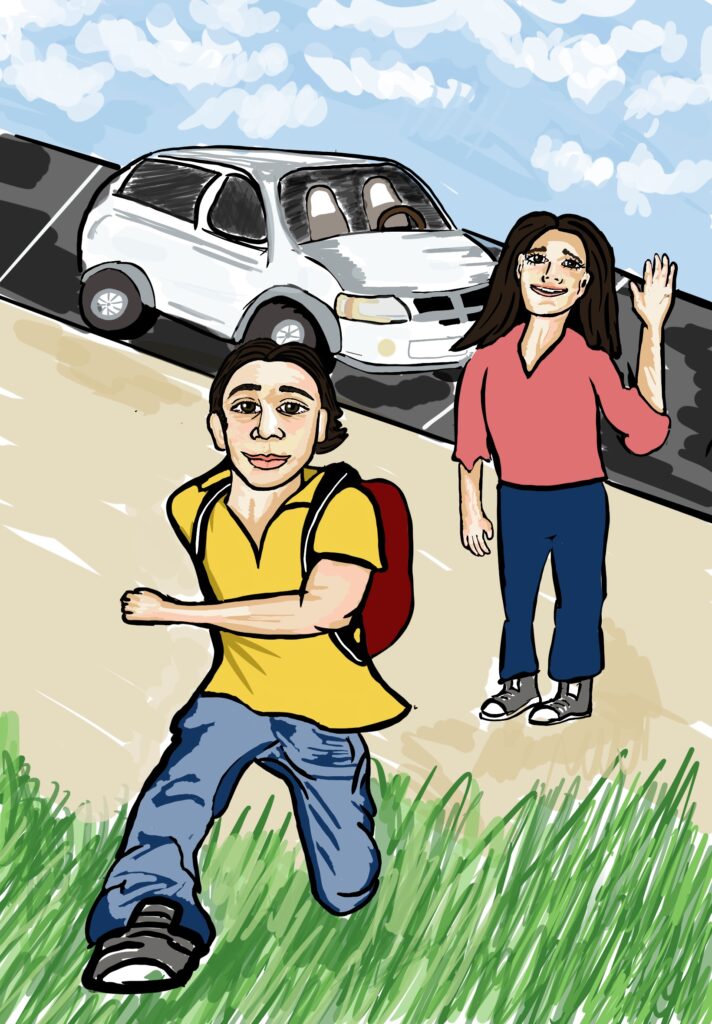As a first-year student, I reserved making any judgments about Diversity Day before the day itself. I must admit, however, that it was hard to remain impartial, especially since some of my friends have long criticized it.
So maybe, as many students say, Diversity Day accomplishes little. But here’s my view: these discussions are vital to our understanding of today’s complex society. Rarely are these topics approached with such scrutiny and sympathy as they are on Diversity Day, and in our increasingly polarized and acrimonious world in which we live, it is more important than ever to address these issues at length and with candor.
As Choate students, we are, if anything, incredibly lucky to have time built in for us to speak and learn about these issues. It is, in fact, our obligation as privileged students to educate ourselves on the heterogeneity that defines our community. Each conversation only serves to take us further along the road of building the equal society of which, one assumes, we all dream.
From the most commonly discussed problems — racism, homophobia, xenophobia — to those less talked about, there are so many issues that we face today as a society that fall under the umbrella of diversity. A crucial one is unawareness; luckily, this has a simple solution. One of the prompts my group was given was whether or not ‘invisible’ mental disorders such as depression or OCD could be used in everyday conversation colloquially as hyperboles. (“Oh, man, I am so depressed,” a merely disappointed student might say.) Some in the group admitted to using such language, despite being unsure of whether it was appropriate. After some conversation, the group evolved, eventually reaching an agreement: though each such situation should be assessed individually, for the most part, we should avoid using such terms in everyday conversation. As a group, we were able to come to conclusions through discourse.
Because diversity plays such a large role in outlining the identity of our community, it only makes sense for us to spend time discussing it, albeit only for a day. As Anne Lamott said, “Remember that that every single thing that happens to you is yours, and you get to tell it.” And since every one of our experiences in this community is influenced by our differences, the chance to speak candidly from our own perspective only honors each of the lives we lead.
Diversity Day, however, is merely an initial step. As Eben Cook ’18 wrote in these pages last year, “Diversity Day can only be deemed a success if the conversations do not come to a close….Those additional discussions in informal environments are what will really make Diversity Day an overall success.” I wholly agree — if Diversity Day is successful in getting these conversations started, our remaining task is simply to continue them.
My hope is that we dispel the negativity surrounding Diversity Day, for I believe that this year’s event did, indeed, push us forward in understanding one another. It certainly is a privilege to have the chance to critique our differences so openly and frankly. ‘Diverse’ is undeniably a fitting adjective for this community. However, if we all scrutinize the true intention behind Diversity Day, it would become abundantly clear that less than diverse we are, in fact, one — a supportive, cohesive community.





